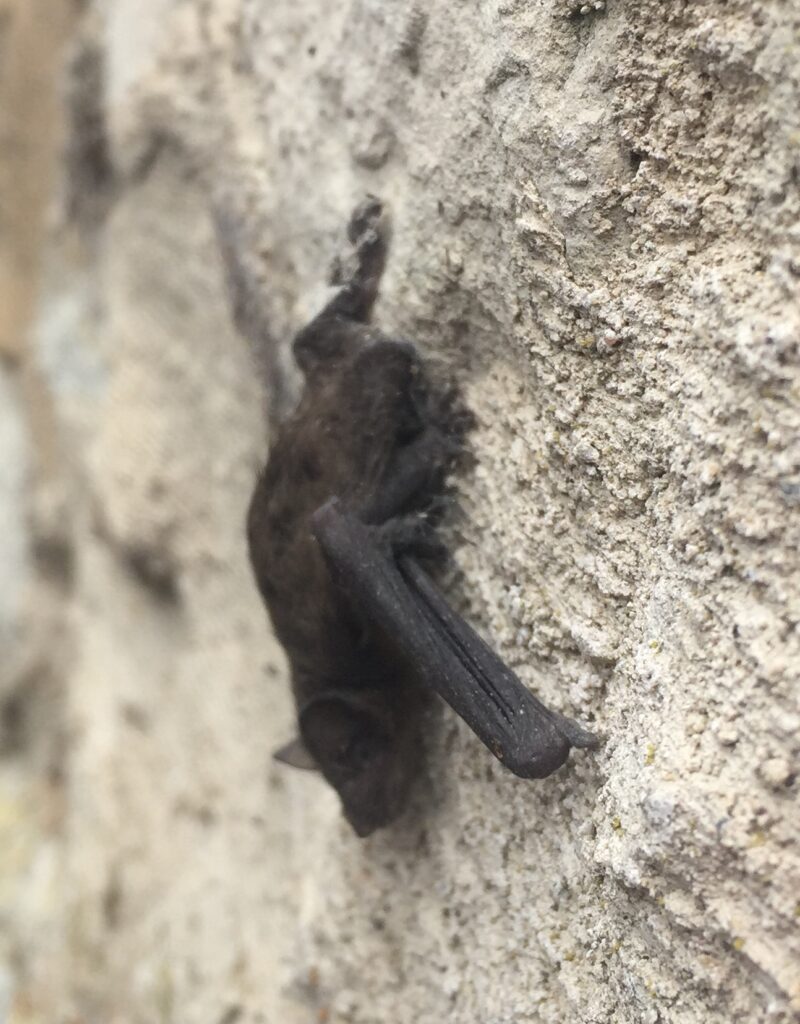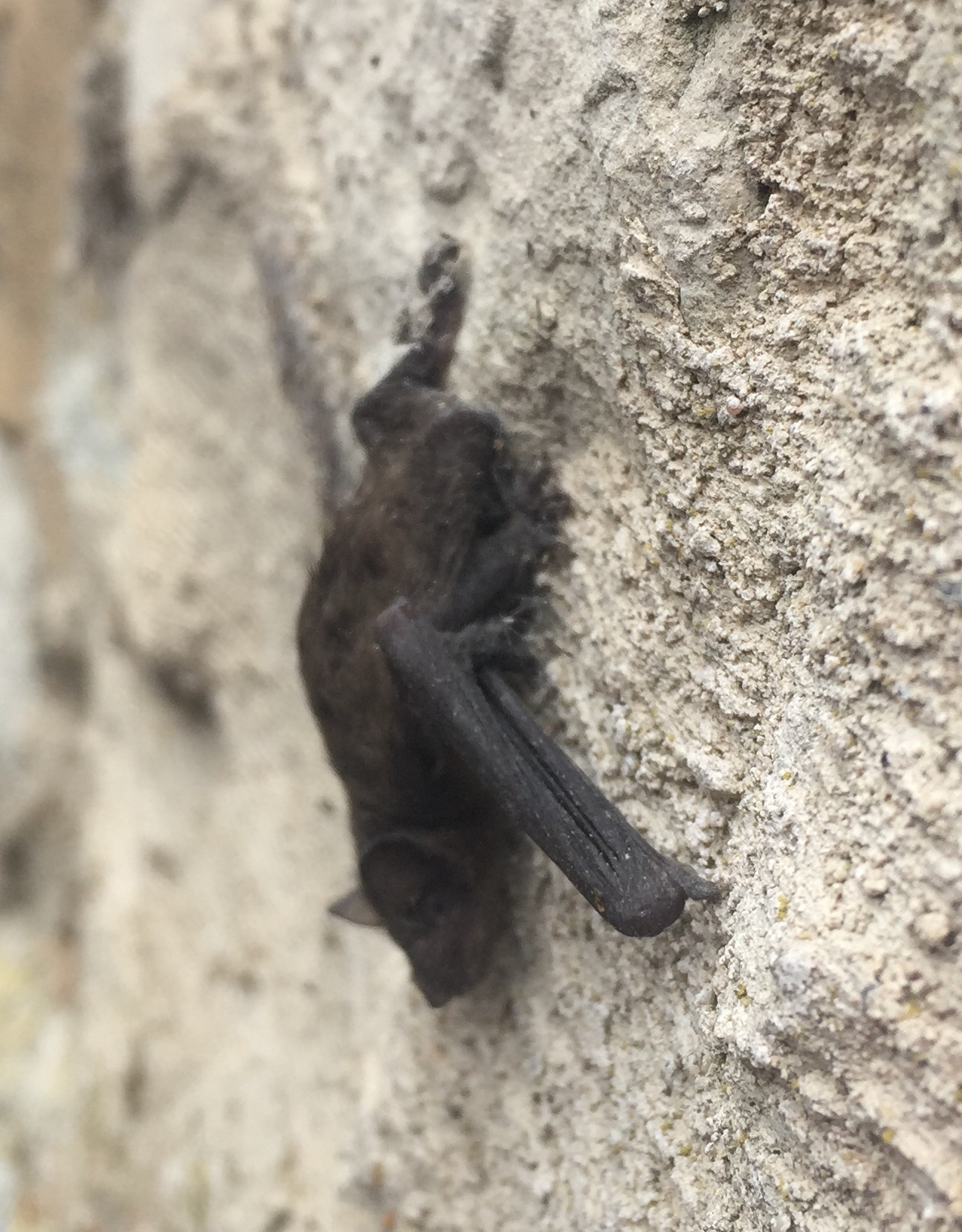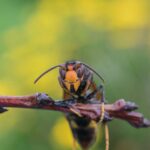
🦇 Bats and Pest Control in Oxfordshire: Why You Must Protect Roosts and How Bats Help Control Midges and Gnats
Table of Contents
- Bats in Pest Control: Why They Matter in Oxfordshire
- Bat Protection Laws in the UK and How They Apply in Oxfordshire
- Bats vs Midges and Gnats in Didcot and Wallingford
- How to Encourage Bats Without Breaking the Law
- Local Pest Control Help in Didcot and Wallingford
Bats in Pest Control: Why They Matter in Oxfordshire
The bat play a vital role in the natural pest control cycle across Oxfordshire, including areas like Didcot, Wallingford, Abingdon, and surrounding villages. Though often misunderstood, these mammals offer a chemical-free solution for managing small flying insects such as midges and gnats.
A single one can eat thousands of insects each night, making them highly effective for natural flying insect control near homes, gardens, and riverside properties—particularly common in South Oxfordshire.
If you’re noticing more gnats or midges near your garden in Didcot or Wallingford, bats may already be helping more than you realise.
Bat Protection Laws in the UK and How They Apply in Oxfordshire
In the UK, all bat species and their roosts are strictly protected by law. This is especially relevant in conservation-conscious counties like Oxfordshire, where natural habitats remain active and well-monitored.
Under the Wildlife and Countryside Act 1981 and the Conservation of Habitats and Species Regulations 2017, it is illegal to:
- Kill or handle a bat
- Disturb bats in any way (including noise, light, or vibration)
- Destroy or block a bat roost—even if it appears unoccupied
⚠️ Whether you’re renovating a property in Wallingford or clearing your loft in Didcot, disturbing a bat roost can result in serious legal action.
Always consult professionals before taking action. Visit our local pages for expert guidance:
Bats vs Midges and Gnats in Didcot and Wallingford
Warm, humid areas in South Oxfordshire are ideal breeding grounds for gnats and midges. These pests thrive in garden ponds, compost bins, blocked gutters, and neglected bird baths.
Fortunately, local bat populations offer a natural and highly effective solution.
🦇 Did you know? A single common pipistrelle bat can consume over 3,000 flying insects each night—mostly midges and gnats.
By keeping these pests under control, bats:
- Reduce the spread of insect-borne irritations
- Improve comfort during outdoor evenings
- Decrease the need for chemical fogging or sprays
- Support Oxfordshire’s ecosystem balance
For homes near parks, rivers, and fields in Didcot or Wallingford, bats are a valuable natural ally.
How to Encourage Bats Without Breaking the Law
Supporting bats helps reduce insect pests, but it’s essential to stay within the law. Here are safe ways to attract bats around your home or garden:
🏡 Install Bat Boxes
Mount bat boxes on mature trees, garages, or barns to give bats a safe place to roost—away from your living space.
💡 Reduce Outdoor Lighting
Bright garden lights disturb bats and attract more gnats. Use warm-coloured LEDs or motion-sensor lighting to help preserve bat-friendly conditions.
🌿 Create an Insect-Rich Garden
Encourage natural insect life with wildflowers, herbs, and untamed borders. This provides a steady food supply for local bats.
Learn more: Eco-Friendly Pest Control in Oxfordshire
Local Pest Control Help in Didcot and Wallingford
At Shire Pest Solutions, we never treat or remove bats. Instead, we work with nature to provide effective, legal, and ethical pest control.
For customers in Didcot, Wallingford, Cholsey, Harwell, and Benson, our flying insect control services include:
- Gnat and midge habitat assessments
- Safe, targeted insecticide treatments (away from bat roosts)
- Water management advice for outdoor areas
- Guidance on natural pest suppression using bats and birds
Explore local services:
Final Thoughts: Respect Nature, Control Pests Responsibly
Bats are not pests. In fact, they’re one of Oxfordshire’s best natural pest control solutions—especially when it comes to midges and gnats.
If you’re experiencing an increase in flying insects in Didcot, Wallingford, or nearby areas, avoid illegal or harmful treatments. Contact your local, responsible pest control provider for advice.



